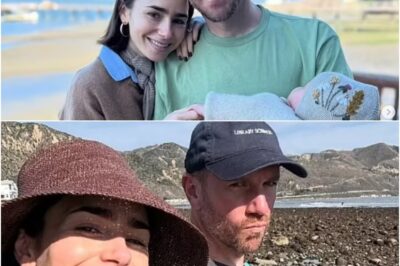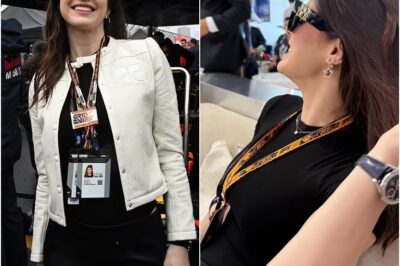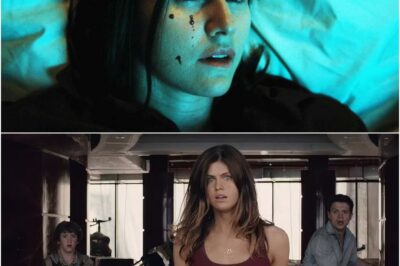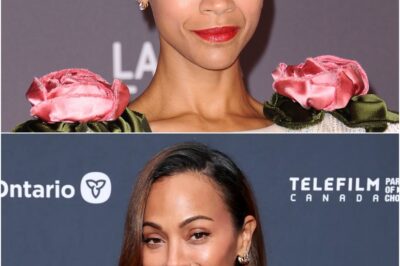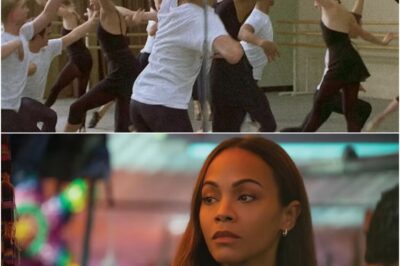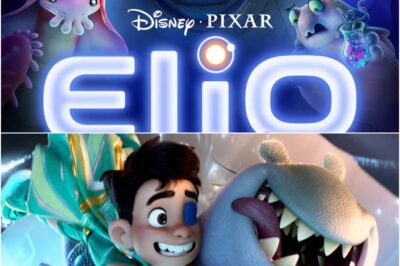A powerful coalition of over 300 actors, writers, directors, and musicians has issued a stark warning against the unchecked use of artificial intelligence by companies like OpenAI and Google, accusing them of seeking to “freely exploit” the creative work of Hollywood.

The open letter, released today and signed by prominent figures including Jennifer Lawrence, Ben Affleck, and the estate of James Dean, expresses deep concern over the unauthorized use of copyrighted material to train AI models and the potential for these models to replicate and ultimately replace human artistry.
The letter marks a significant escalation in the ongoing debate surrounding AI’s role in the entertainment industry and signals a growing determination among creatives to protect their livelihoods and intellectual property.
The core of the complaint centers around the practice of “data scraping,” where AI companies collect vast amounts of data from the internet – including copyrighted films, television shows, and music – without obtaining permission from the rights holders.
This data is then used to train AI models capable of generating new content, often mimicking the style and even the likeness of existing artists. The signatories argue that this constitutes a blatant violation of copyright law and a fundamental threat to the creative process.
They contend that AI-generated content, trained on their work without compensation or consent, devalues their contributions and undermines the economic foundations of the entertainment industry.
The letter specifically targets OpenAI’s Sora, a text-to-video AI model capable of creating realistic and detailed video clips from simple text prompts, and Google’s Gemini, a multimodal AI model that can generate text, images, audio, and video. The signatories express fears that these models could be used to create “synthetic” performances, effectively replacing actors and other creative professionals.
The recent controversy surrounding the unauthorized digital recreation of James Dean, used in a commercial without the consent of his estate, served as a particularly galvanizing moment for many involved in drafting the letter.
“We are facing an existential threat,” stated a spokesperson for the coalition. “These companies are building their empires on the backs of our creativity, without offering fair compensation or even acknowledging our rights.
We are not against AI, but we believe it must be developed and deployed responsibly, with respect for the intellectual property of artists and the integrity of the creative process.”
The coalition is calling for greater transparency from AI companies regarding their data sourcing practices and the implementation of robust safeguards to prevent the unauthorized use of copyrighted material.
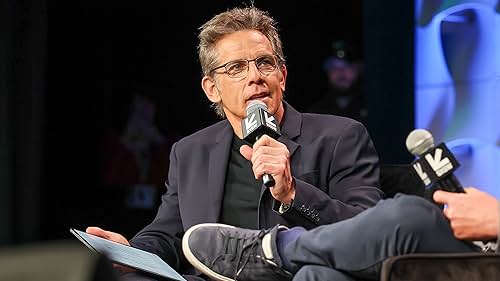
The letter also highlights the potential for AI to exacerbate existing inequalities within the entertainment industry. The signatories argue that AI-generated content could disproportionately impact emerging artists and marginalized communities, who often lack the resources to protect their intellectual property and compete with the scale and efficiency of AI-powered production.
They emphasize the importance of ensuring that the benefits of AI are shared equitably and that the technology is used to empower, rather than displace, human creativity.
The response from OpenAI and Google has been measured. Both companies have acknowledged the concerns raised by the coalition and reiterated their commitment to responsible AI development.
OpenAI stated that it is actively exploring licensing agreements with content creators and is working to develop tools that allow artists to control how their work is used in AI models.
Google emphasized its efforts to build AI models that are “respectful of copyright” and that it is committed to collaborating with the creative community to address their concerns.
However, the signatories remain skeptical, arguing that these statements lack concrete commitments and fail to address the fundamental issue of unauthorized data scraping.
They are calling for legislative action to clarify copyright law in the age of AI and to establish clear guidelines for the use of copyrighted material in AI training. Several members of Congress have already expressed support for strengthening copyright protections and are considering introducing legislation to address the issue.
The debate surrounding AI and Hollywood is likely to intensify in the coming months, as the technology continues to evolve and its potential impact on the entertainment industry becomes increasingly apparent.
The coalition’s letter represents a powerful statement of intent and a clear signal that creatives are prepared to fight for their rights and the future of their profession.
The outcome of this struggle will have far-reaching implications not only for the entertainment industry but also for the broader landscape of intellectual property and the future of creativity itself.
Beyond the legal and economic implications, the controversy raises profound philosophical questions about the nature of art and the role of human creativity. Can AI truly replicate the emotional depth, nuance, and originality of human artistry?
Or will AI-generated content ultimately prove to be a pale imitation of the real thing? These are questions that will continue to be debated as AI becomes increasingly integrated into the creative process.
The signatories of the letter believe that the unique contributions of human artists are irreplaceable and that the pursuit of AI-generated content should not come at the expense of human creativity.
The situation remains fluid, with ongoing negotiations and potential legal challenges on the horizon. The entertainment industry is bracing for a period of significant disruption, as AI continues to reshape the landscape of content creation and distribution.
The coalition’s letter serves as a rallying cry for creatives to unite and demand a future where AI is used to enhance, rather than replace, human artistry. The coming months will be critical in determining whether that vision can be realized.
News
BREAKING: Lily Collins’ EMOTIONAL 36th Birthday—‘First as a Mama!’ Shares RARE Photos of Baby Tove & Husband Charlie!
Lily Collins celebrated her ‘first birthday as a mama’ as she turned 36 on Tuesday – and shared sweet family snaps…
BREAKING: White Lotus Star Alexandra Daddario TURNS HEADS at Australian Grand Prix—VIP Photos LEAKED
Alexandra Daddario flaunted her luxurious life at the Formula One Grand Prix in Melbourne. The White Lotus star, 39, was pictured on the grid…
I’m Convinced Alexandra Daddario Is The Perfect Casting Choice To Play Wonder Woman In James Gunn’s DCU
Alexandra Daddario has all the needed elements to bring Wonder Woman to life in the new DC Universe and make her performance as memorable…
Zoe Saldaña Says Oscars Rejecting ‘Avatar’ Acting Is ‘Quite Deflating’: ‘You’re Overlooked and Then Minimized and Completely Disregarded’
Zoe Saldaña, the acclaimed actress known for her roles in blockbuster franchises like Avatar and Guardians of the Galaxy, has never been one…
BREAKING: Zoe Saldaña’s FORGOTTEN Ballet Movie DESTROYS Her Oscar Role—Fans SCREAM ‘This Is Her REAL Masterpiece!’
Emilia Pérez is not the first time Zoe Saldaña has danced on screen, and her ballet performance in Center Stage showcased her musical…
BREAKING: Pixar’s NEW Movie Trailer LEAKED—Starring Oscar-Winning SUPERSTAR! Fans SCREAM ‘BEST ANIMATION EVER!’
After winning the Oscar for Best Supporting Actress for her performance in Emilia Pérez, Zoe Saldaña’s next movie will be the Pixar sci-fi movie Elio….
End of content
No more pages to load


